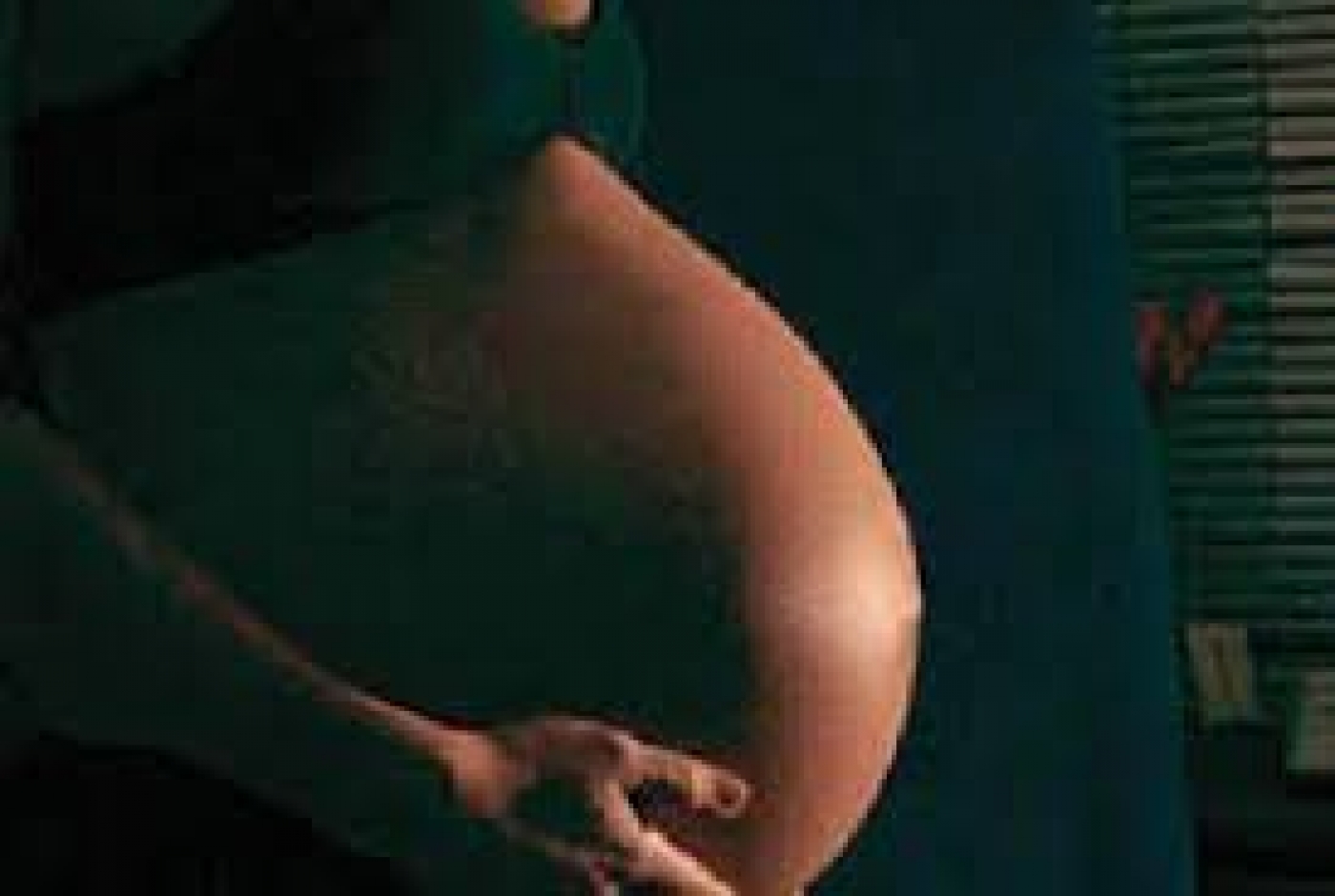The maternal health experts said to prevent pulmonary embolism, which was identified as one of the leading causes of maternal mortality in the country, women should move around within 12 to 24 hours after undergoing CS, provided they are medically fit.
The gynaecologists, while speaking exclusively to PUNCH Healthwise said they usually encourage new mothers to move around early after CS, noting that early mobilisation helps improve blood circulation, especially from the lower limbs to the heart.
They further noted that early ambulation also improves chest movement and better breathing.
Pulmonary embolism, according to an online portal, Mayo Clinic, is a blood clot that blocks and stops blood flow to an artery in the lung.
“Because one or more clots block blood flow to the lungs, pulmonary embolism can be life-threatening. However, prompt treatment greatly reduces the risk of death. Taking measures to prevent blood clots in your legs will help protect you against pulmonary embolism”, it stated.
A Consultant Obstetrician and Gynaecologist at the Aminu Kano Teaching Hospital, Kano, Dr. Sule Abdullahi, told our correspondent that women can move around within 12 to 24 hours after a CS when they are fit.
Then expert, who is also a Senior Lecturer at the Department of Obstetrics and Gynaecology, Bayero University, Kano, said, “When you are going to let them do that, you have to examine them and make sure they are fit.
“We call it early mobilisation so that they can move around early. When they move around early, the blood can circulate faster in their system and this will prevent blood clotting in the veins and other places.
“If you lie down and are not moving, the blood is still and is not moving fast. The blood can get clotted and get into the lungs causing what is called pulmonary embolism.”
The gynaecologist noted that pulmonary embolism is a deadly condition and therefore, should be prevented after surgery.
“And when you get that, the chances of dying from that condition are very high. Many of those who had that condition never survived. It is one of the leading causes of maternal mortality.”
“Deep Vein Thrombosis (blood clot in a vein) is very deadly and that is why we encourage early mobilisation. Sometimes, for those at higher risk, they are given injections to stop blood clots. So, that is why we quickly mobilise them early after surgery.
“But you must examine them to ensure that they didn’t lose too much blood and don’t have high blood pressure, or any other underlying health condition”, he said.
Dr. Abdullahi said women who are not fit to move around after CS, due to hypertension or heart-related problems are monitored to ensure that they are fit before being allowed to move around.
“Now if they are fit, we encourage them to sit up and stand up for some time and then move around and come back, so that they can mobilise and make the blood move faster. When they are fit, within 12 to 24 hours after surgery, they can move around.”
Also, another maternal health expert, Dr. Bright Airhumwunde, said early ambulation prevents blood clots, which he noted can lead to post-delivery complications.
Dr. Airhumwunde who is a Minimal Access Surgeon and Fertility Specialist at Reddington Multi Specialist Hospital, Ikeja, also said early ambulation makes for a quick return of bowel activity.
The gynaecologist said, “This helps to improve blood circulation, especially from the lower limbs to the heart. Due to pregnancy changes, there could be a slow down of blood flow with increasing blood clotting factors and damage to blood vessels and associated tissues during CS.
“Blood could clot in the lower limbs causing a condition we call ‘Venous Thromboembolism’, which is a spectrum of worsening clotting problems with devastating consequences post delivery.”
Giving further insight into the dangers of blood clots after CS, he said, “Blood could clot in the lower limbs, then break up and get transported to the upper body and heart to block major blood vessels. This causes problems with transportation of oxygen to major organs and subsequently death.”
In a 2022 article published in an online journal, PMC, the authors said decisions made during a cesarean section can affect women and their families for the entirety of their lives.
A United Kingdom pregnancy charity organisation, Tommy’s, also noted that the movement of the body and support were important in recovering from CS.
“You will need help to sit up in bed while you’re recovering from the anaesthetic. You may need help for longer than this if you have a lot of pain or tenderness in your abdomen (tummy area).
“Your hospital bed will have controls to raise and lower the head of the bed and move the bed higher or lower off the floor”, it said.
source: healthwise.punchng.com







